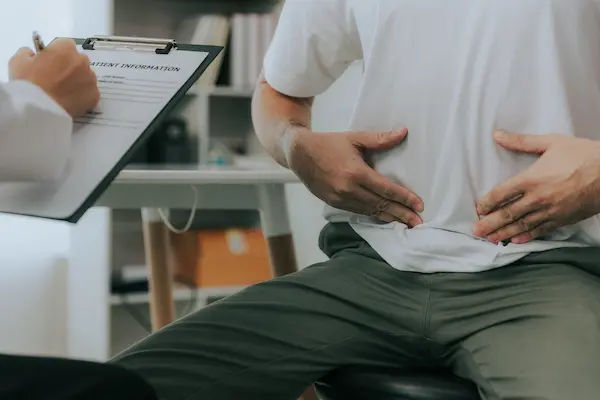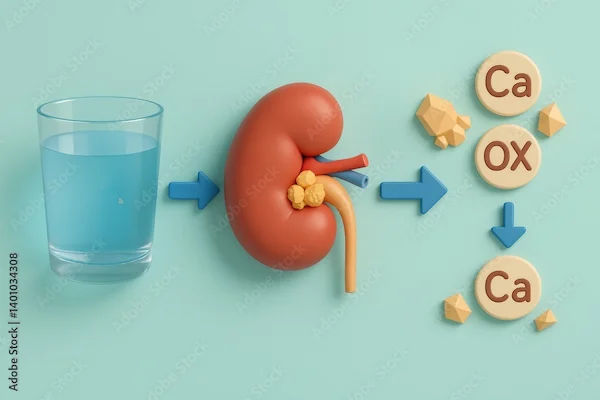- male
- 60 Years
- 29/01/2025
I've been noticing recently that my urine flow seems to be slower than usual, and even after I finish urinating, it feels like I'm not completely done. It's a bit concerning because I keep expecting to have to go again soon, but it never really happens. Any idea what might be going on? Should I be worried about this, or is it something that might resolve on its own?
Answered by 1 Apollo Doctors
I went through your query...... Drink plenty of water. Water helps to dilute your urine and flush out..... Avoid drinks that may irritate your bladder. ....Avoid coffee, alcohol, and soft drinks containing citrus juices or caffeine until your problem has cleared. They can irritate your bladder and tend to aggravate your frequent or urgent need to urinate...... Consult Physician....
Dr. Dhankecha Suggests...
Consult a Urologist
Answered 25/07/2025
0
0

More Urology Health Queries
View allI'm really worried about something that's been happening the last few weeks. Whenever I get an erection, everything seems fine at first, but when the foreskin pulls back, it gets painful cracks, and I've even noticed some bleeding. The area feels really dry and uncomfortable. We've tried not having sex for a bit, hoping it would heal, which it does, but then the cracks come back again when I pull the skin back during sex. I used some lubricant and coconut oil, which help a little bit, but the problem is still there. I've been married for a year now and never had this issue before. Any advice on what might be causing this and how I can fix it?
That looks like Phymosis donot retract your foreskin,visit surgeon for appropriate management
Answered by 1 Apollo Doctors
I've been having frequent urine problems and the doctor prescribed me pyridium, urispas, and alkacitral syrup. This is the third time I'm dealing with this issue. The doc mentioned my urine pipe is a bit shrunk and suggested surgery, but I really don't want to go through that. Are there any other options or treatments I can try instead of surgery?
seems to be urethral syndrome kindly consult urologist
Answered by 1 Apollo Doctors
my groin hurts and sometimes my left testicle swells up making the pain worse is there any way to treat this without needing surgery
Groin pain and swollen testicles can often be treated without surgery, especially if caused by conditions like hydrocele or epididymitis. Treatment may involve ice packs, pain relievers, and antibiotics for infections. It's crucial to seek medical advice for diagnosis and appropriate treatment, as some conditions may require surgical intervention.
Answered by 1 Apollo Doctors
Disclaimer: Answers on Apollo 247 are not intended to replace your doctor advice. Always seek help of a professional doctor in case of an medical emergency or ailment.




.webp)
